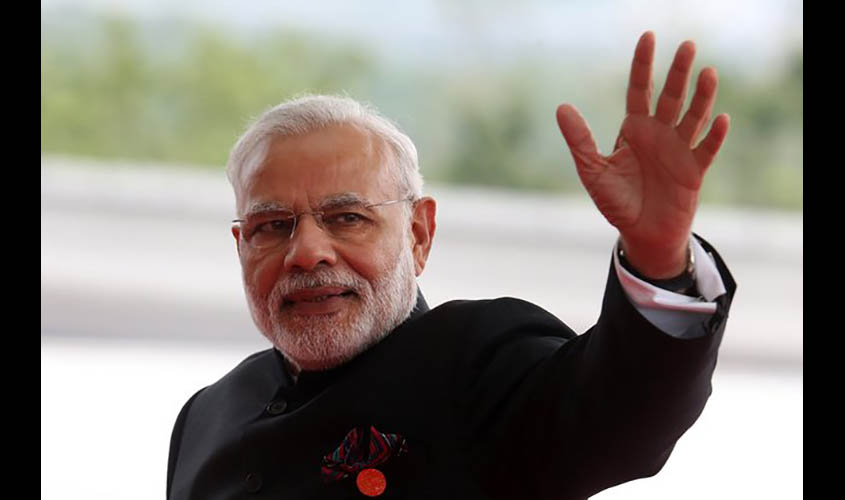The Nehruvian construct has long lost its popular resonance, support.
The objective of almost all politicians is simply to win the next election. This was true even of Indira Gandhi, who was described in divinely lyrical terms by A.B. Vajpayee in 1971. In contrast, Jawaharlal Nehru sought to achieve much more than just another term in office. Nehru had been chosen by Mahatma Gandhi for the PM’s job because he would (in the saint’s view) be the leader best able to transform into reality Gandhian precepts. India was indeed transformed during 1947-64, the period when Nehru occupied the Prime Minister’s room in South Block. Central planning and the eclipse of the Indian private sector by state-owned behemoths took place, as did the putting into place of a social policy that aimed to re-assure the biggest minority community through the state, in effect, treating them as the majority and Hindus as the minority. While substantial social changes were introduced by law made applicable by Nehru to the Hindus, the Muslim community was untouched by reformative legislation. Despite having large numbers still in thrall to the “Two Nation” Partition mindset, which steadily gained ground from the early 1930s despite the efforts of the Mahatma, the Muslim community was left to past practices, many not compatible with the requirements and thought streams of the 20th century. The Nehruvian education system took away the state-funded window for the teaching of the English language to the poor, restricting fluency in that language and its global advantages to the relatively affluent. Science and technology were regarded as best left to state institutions, while foreign policy was transformed as comprehensively as the nation’s economic and social patterns were. Nehru changed India in a way that was gently sought to be altered by the homespun vision of Lal Bahadur Shastri, but whose premature death took away this danger to the Nehruvian construct. Despite some changes at the margin during the periods in office of P.V. Narasimha Rao and A.B. Vajpayee, the Nehruvian construct continued its sway over the “Idea of India”. For Vajpayee himself was far from being a Ram Manohar Lohia, who had little positive to say about Nehru and the changes made in the country by the policies adopted by one of the two most powerful Prime Ministers in free India’s history. The second was not Indira Gandhi, for her period of awesome power (1975-77) was based not on popular consent but on coercion.
Rather, the second mega-powerful PM after Nehru is Narendra Modi, who was not pitchforked into the job by a patron, but who stepped into it (and has retained it) as a consequence of grassroots support. Just as Nehru did, Modi too wishes to fashion a country that would better fit his standards and vision. During the five years of Modi 1.0, this columnist was explicit that a second term for Modi would see immense changes in the country that he for decades travelled and saw the hard way, on foot and by road. The Nehruvian Idea of India is being replaced by the Modivian Idea of India since 2014, and this change is what has accelerated since the verdict of the 2019 Lok Sabha polls. Given that the Nehruvian construct had long since lost its popular resonance, the battle cry of the opposition that their aim was to retrieve Nehruviana back into India’s dominant reality was another of their many self-goals in a country hungry for change. In particular, the more Rahul Gandhi clothed himself in the raiments of his great-grandfather and his grandmother rather than as his own self, the less he resonated against a wholly self-made Modi. Unless the economy enters into a tailspin during the next three years, a Modi 3.0 in 2024 will complete a process of change in India that would long outlast the Prime Minister. Among the differences with the past is that Modi has joined hands with the rulers of the UAE and Saudi Arabia to roll back Wahhabism rather than pander to it the way his predecessors did.
That politicians in India understand the paradigm change in India caused by Modi is clear from the flood away from opposition

